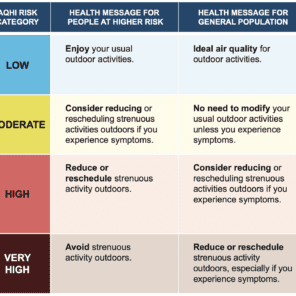Client: European Chemical Industry Council – Long-Range Research Initiative (Cefic LRI)
Listing of the client in no way affirms the client's support, sponsorship, or validation in any form of Risk Sciences International or the RSI staff member(s) who conducted this project during their stay with RSI or prior to joining the company. This case study is displayed for informative purposes only to demonstrate the capacity of RSI staff members. This case study reveals no proprietary information or information deemed sensitive.
Characterizing uncertainty in MAF values estimated using the KEMI MAF
The client sought to improve understanding of uncertainties surrounding the application of mixture assessment factors (MAFs) for aquatic receptors, specifically those estimated using the KEMI methodology. While the KEMI MAF approach is considered technically robust, its assumptions—particularly about chemical-specific controls, detection limits, and assessment group composition—introduce potential uncertainties that could lead to either over- or underestimation of environmental risks.
To support the development of a comprehensive scientific publication, RSI was tasked with quantifying and exploring these uncertainties using available monitoring and ecotoxicity data. This included recalculating MAF values for surface water samples from various European surveys, analyzing temporal variability in contaminant concentrations using longitudinal data from the Erft River, and evaluating how different tiers of ecological risk assessment influence MAF size. A core component of the project was the integration of alternative control scenarios, such as the potential replacement of toxic substances or preemptive reductions by wastewater treatment plant operators, into existing MAF calculations.
The final deliverable was a peer-reviewed manuscript synthesizing these findings, offering clearer insights into the limitations and variability of MAF estimates. This work aimed to support more transparent and scientifically grounded approaches to mixture risk assessment in regulatory settings.
Experts related to this case study
More RSI Case Studies
RSI presents a very small selection of case studies to highlight some of its key work.



















